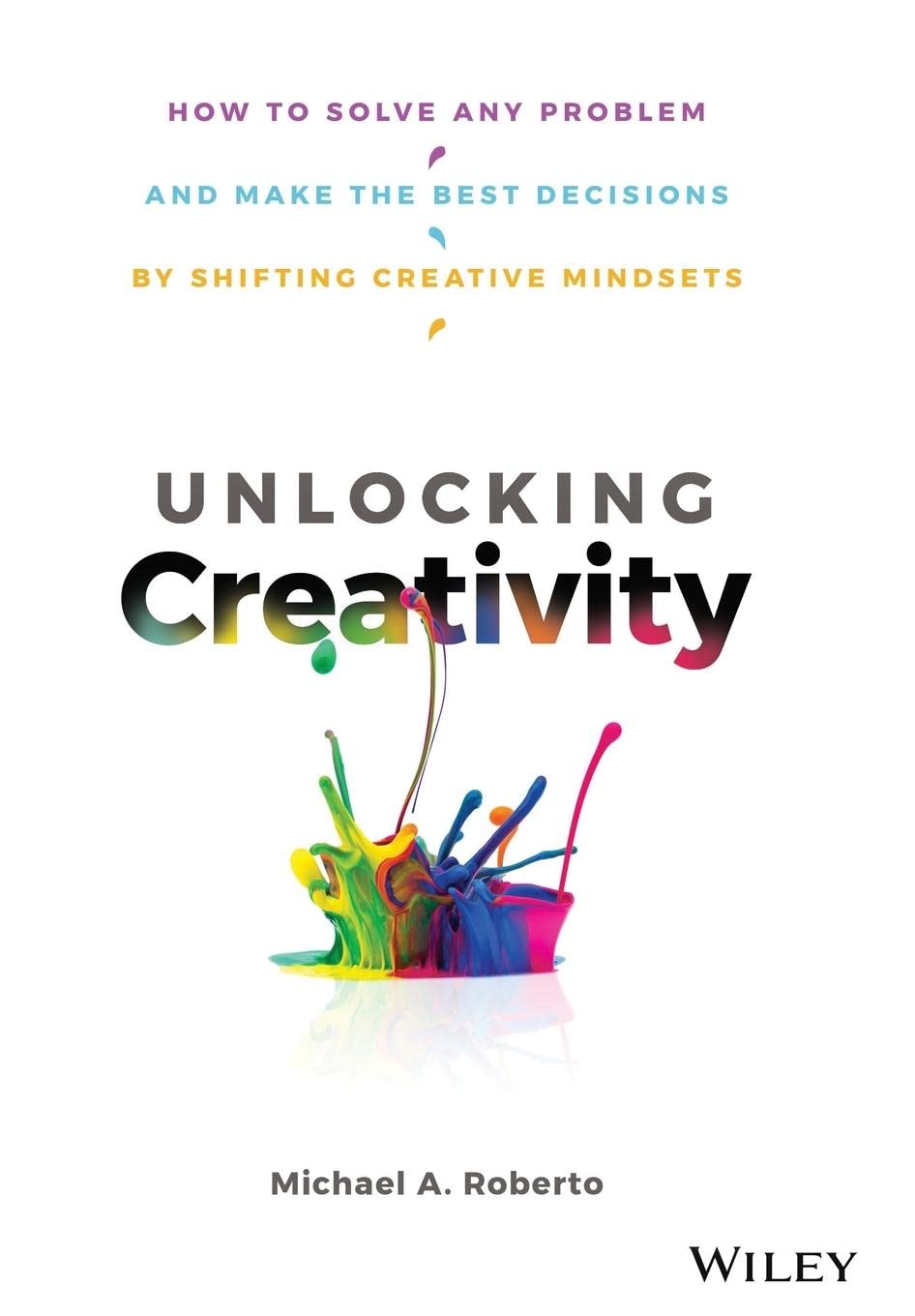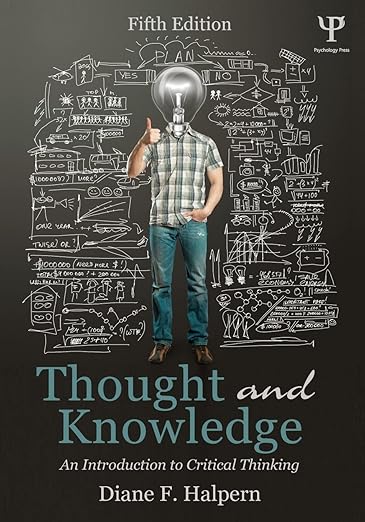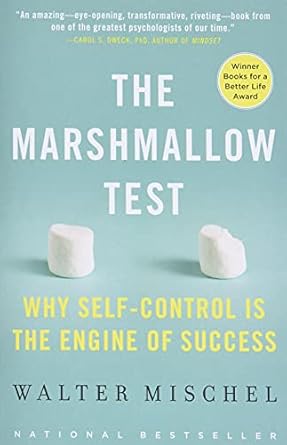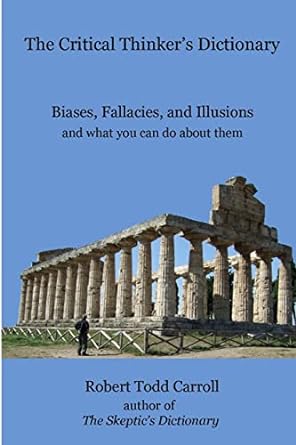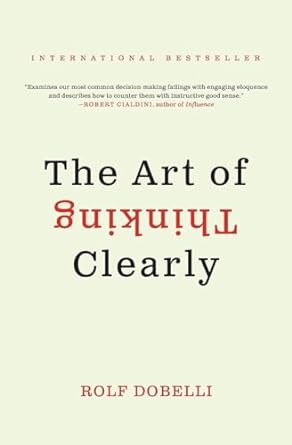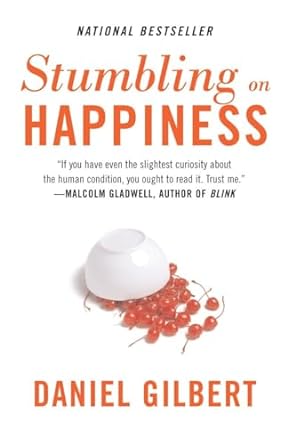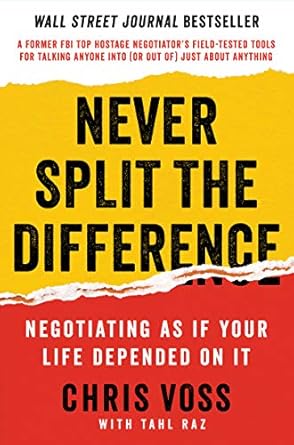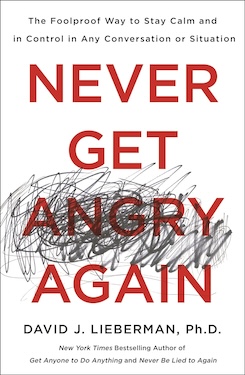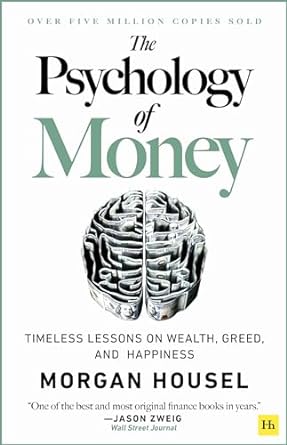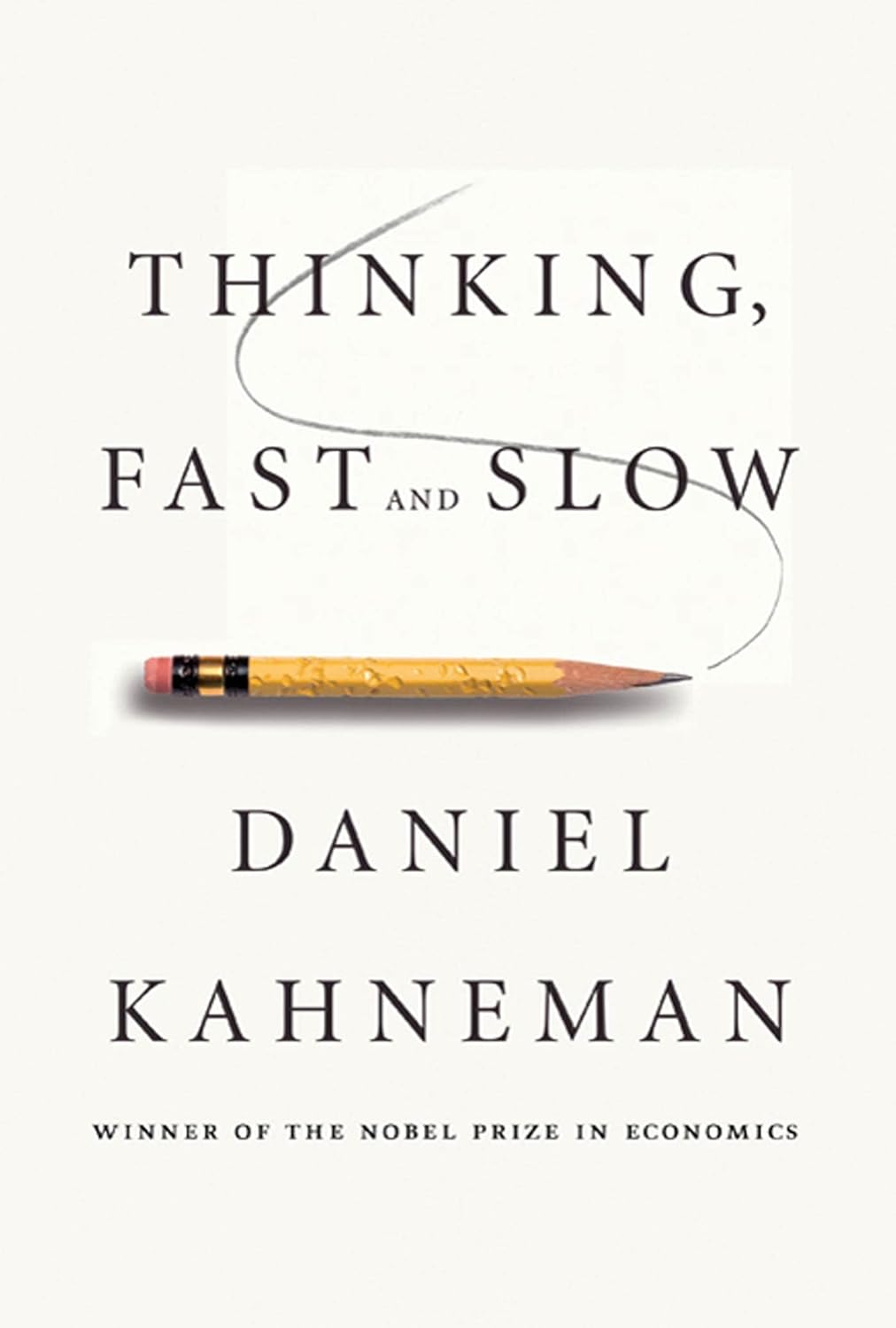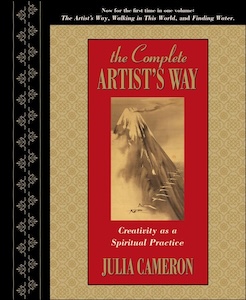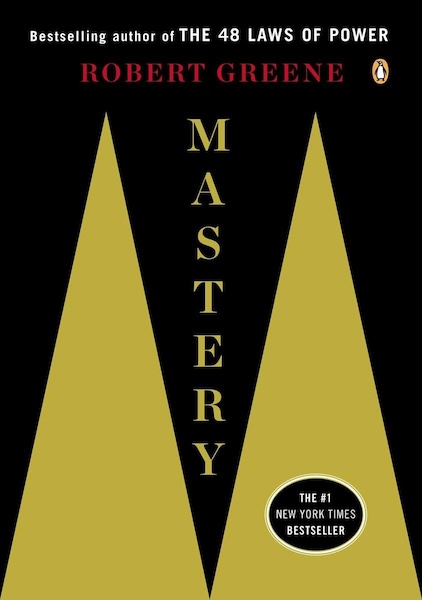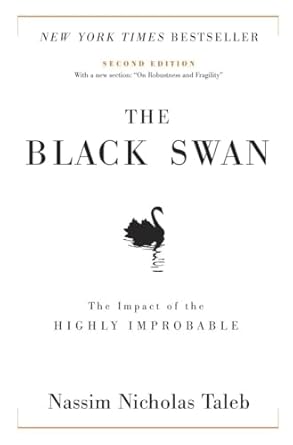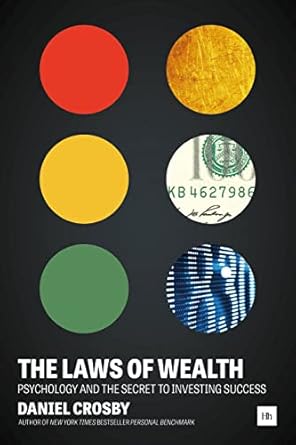Illusion of Control
A cognitive bias that leads to the belief that we are more in control of events that is objectively the case.
Key Insights & Principles
Self-control
Insights:- We have a tendency to believe we have control over uncertain events.
- We tend to overestimate the role of skill or expertise and underestimate luck and random chance.
- The illusion of control breeds overconfidence which can have detrimental outcomes when making decisions.
- Humans have an emotional desire for control - uncertainty can create anxiety and fear - causing people to act as if they can control what it is not possible to control.
- The feeling of control (illusion or not) can be positive - it can drive us to try to achieve things we may not otherwise.
- The illusion of control can make people calm.
- We have a tendency to restrict our own creativity - and maintain an illusion of control as creativity often requires that we relinquish control.
- Anger can provide the illusion of control by releasing adrenaline to increase awareness, energy, strength and redirect attention from fear or pain - the reality is that it can make us more vulnerable.
- A response to overwhelm (the feeling of not being in control) is often to be passive and limit our actions to give the illusion of control - the less we attempt, the less chance of failure.
Negotiation
Insights:- Giving the other side the illusion of control can be advantageous in negotiation - it can make them overconfident or comfortable enough to divulge additional information.
- Seek "no" in negotiation and give the opponent the illusion of control.
- Ask for advice or help to maintain the illusion of control.

